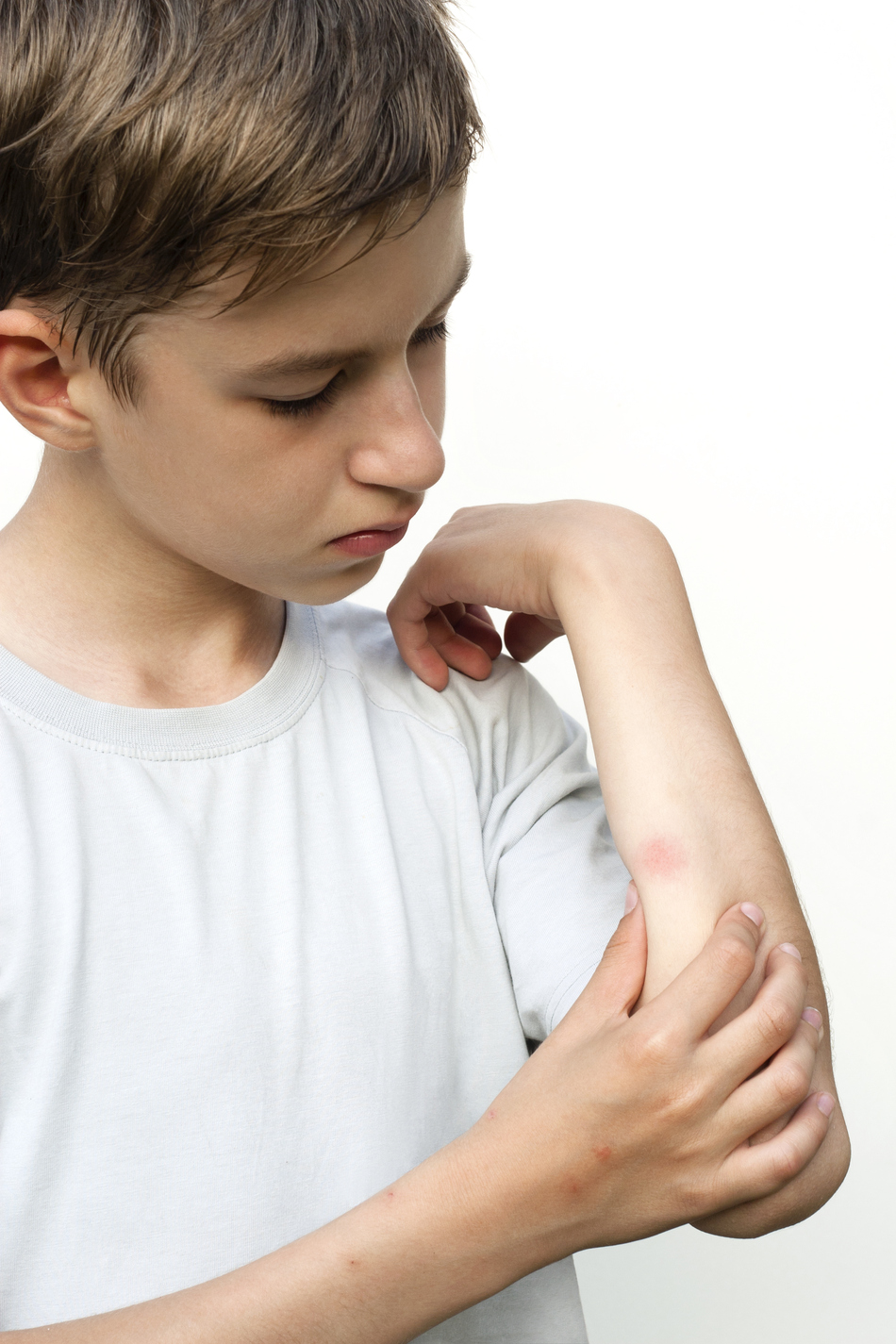
Episode Transcript
Dr. Gellner: Insects bites and allergic reactions, what's a myth and when to worry is today's topic on The Scope. I'm Dr. Cindy Gellner.
Announcer: Keep your kids healthy and happy. You are now entering The Healthy Kids Zone with Dr. Cindy Gellner on The Scope.
Dr. Gellner: We see a lot of bug bites especially in the spring, summer, and fall, and they can cause quite a lot of swelling. It may look shocking if your child has a very large lump where they were bit. This means they're allergic to that bug, right? Not in the sense that we worry about an allergy. That's an old wives' tale. The size of the swelling can vary from a small dot to a few inches in diameter, and the larger size does not mean that your child is allergic to the insect. In fact, take the example of mosquito bites near the eye. They can usually cause enough swelling to close the eyelid almost shut for two to three days, and some mosquito bites in sensitive children form hard lumps that can last for months.
Children who have allergies or eczema can have a larger reaction than other kids do. Why? It's just because their immune systems are ramped up to attack anything it deems a threat, and more histamine is released. Histamine is the chemical in our bodies that causes allergic reactions. A bug bite triggers a local histamine reaction, but we don't say that people are allergic to mosquitoes or other common biting insects. A true concerning allergic reaction to an insect bite would involve excessive swelling, difficulty breathing, hives, and maybe even vomiting or passing out. Bees are an insect many people are allergic to, and these are the symptoms that concern us and why people who are allergic to bees carry epinephrine injections.
If your child just has a localized reaction, whether it's hot, tender, or swollen, try hydrocortisone cream along with an over-the-counter antihistamine. These medicines will help keep your child from scratching. Now, if the swelling continues after a few days especially with treatment or you notice red streaks from the site of the swelling or your child starts acting sick with a fever, then it's time to see your child's doctor to make sure they're not developing a skin infection as a result of the bite.
Announcer: Want The Scope delivered straight to your inbox? Enter your email address at thescoperadio.com and click "Sign Me Up" for updates of our latest episodes. The Scope Radio is a production of University of Utah Health Sciences.